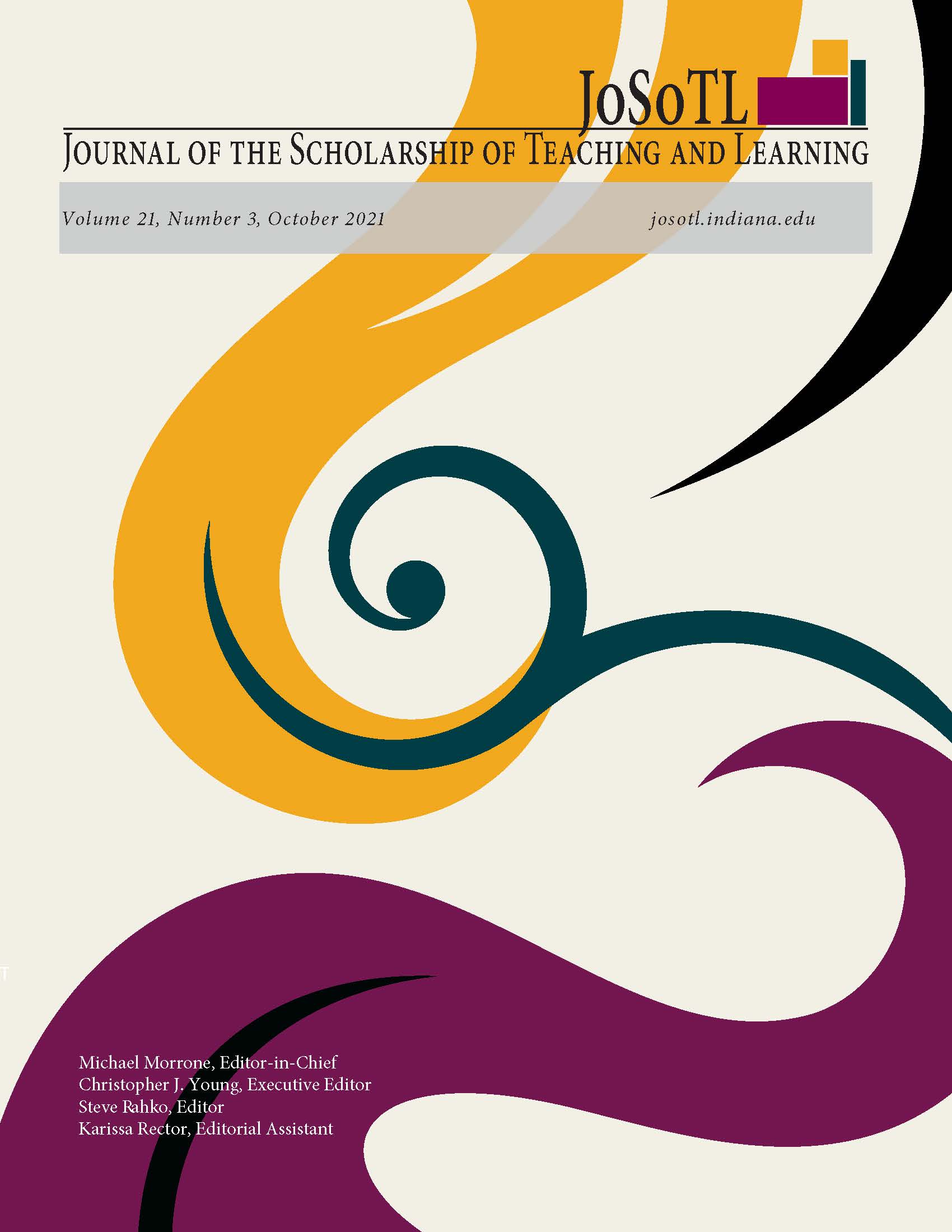Pygmalion in the ’hood Reflecting on Enhancing Job Interview Performance at an Urban Community College
Main Article Content
Abstract
Self-presenting effectively at job interviews presents significant challenges for students at urban community colleges, especially those identified as low-income Black and Latinx. Current practices provide minimal support, if any, for enhancing the self-presentation of these students at job interviews. Too often, instead, students simply do not perform well, fail to achieve their job objectives, and remain marginalized by society. This article describes the experiences of urban community college students involved in an innovative effort to enhance their performance in job interviews. This innovative approach features identity work and highlights the value of role play and improvisation in a range of dramatic activities. It utilizes insights gained from research into Freirian conscientization, critical pedagogy, and critical race theories as well as participatory action research (PAR) methodology. This study highlights the eloquent voices and dramatic concerns of the students involved in two vignettes, “Acting White” and “Acting Phony,” expressing the plight of these students. Providing insights for teachers, the article reviews identity work to facilitate successful self-presentation conducted by a wide range of educators dealing with similar challenges involving racial and ethnic minorities. Concluding observations are presented and future debate and research is encouraged.
Downloads
Article Details

This work is licensed under a Creative Commons Attribution 4.0 International License.
- Authors retain copyright and grant the Journal of the Scholarship of Teaching and Learning (JoSoTL) right of first publication with the work simultaneously licensed under a Creative Commons Attribution License, (CC-BY) 4.0 International, allowing others to share the work with proper acknowledgement and citation of the work's authorship and initial publication in the Journal of the Scholarship of Teaching and Learning.
- Authors are able to enter separate, additional contractual agreements for the non-exclusive distribution of the journal's published version of the work (e.g., post it to an institutional repository or publish it in a book), with an acknowledgement of its initial publication in the Journal of the Scholarship of Teaching and Learning.
- In pursuit of manuscripts of the highest quality, multiple opportunities for mentoring, and greater reach and citation of JoSoTL publications, JoSoTL encourages authors to share their drafts to seek feedback from relevant communities unless the manuscript is already under review or in the publication queue after being accepted. In other words, to be eligible for publication in JoSoTL, manuscripts should not be shared publicly (e.g., online), while under review (after being initially submitted, or after being revised and resubmitted for reconsideration), or upon notice of acceptance and before publication. Once published, authors are strongly encouraged to share the published version widely, with an acknowledgement of its initial publication in the Journal of the Scholarship of Teaching and Learning.
